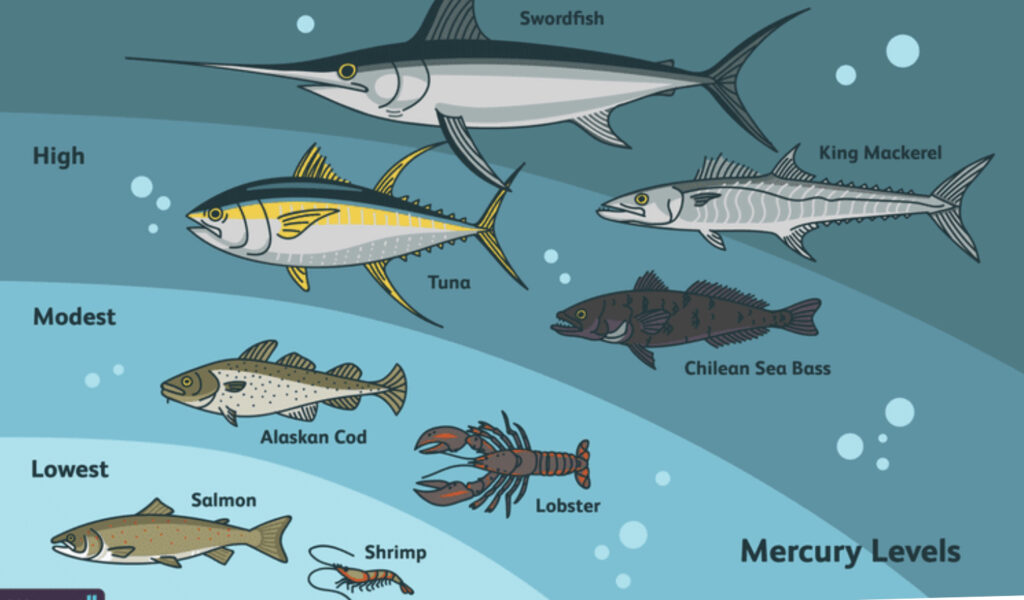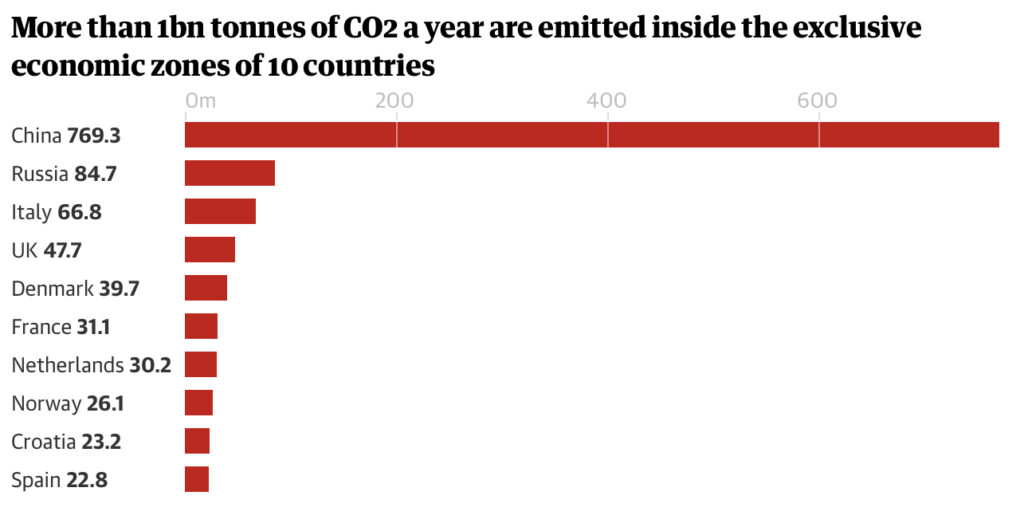How Do The Elements Affect Overfishing?!
ByOverfishing is a serious problem than can and is leading to the depletion of fishing populations. This will have large consequences for the people who rely on fish for food and jobs. There are many factors that can contribute to this like social factors, ecological factors, and economic factors. One factor that is often overlooked, however is the role that elements on the periodic table play in overfishing!
1. Mercury
One element that can have a significant impact on overfishing is mercury. Mercury is a toxic element that can accumulate in fish and other aquatic organisms. It gets into the water through industrial pollution. When people consume fish that contain high levels of mercury they can experience MANY health problems including neurological damage, kidney damage, development problems in children and more. Overfishing can exacerbate the problem of mercury contamination of fish by catching the contaminated fish, and letting humans consume them!

2. Phosphorus
Another element that can affect overfishing is phosphorus. Phosphorus is an essential nutrient that is often used in fertilizer to promote plant growth. However, when excess phosphorus enters waterways, it can lead to the growth of harmful algal blooms that can deplete oxygen levels in the water and harm fish populations. Overfishing contributes to the problem because it can lead to the removal of large fish species that play a important role in maintaining the balance of a aquatic ecosystem.
3. Carbon
Bottom trawling is a widespread practise in which heavy nets are dragged along the seabed. This practise often leads to overfishing. Carbon is then released from the seabed sediment into the water. This process pumps out 1 Gigaton of carbon a year! By doing this it increases ocean acidification which can harm every aquatic species there is, not just fish!

Sources:
-McVeigh, K. (2021) Bottom Trawling Releases As Much Carbon As Air Travel, Landmark Study Finds. https://www.theguardian.com/environment/2021/mar/17/trawling-for-fish-releases-as-much-carbon-as-air-travel-report-finds-climate-crisis
-Scientific American. (2011). How Does Mercury Get Into Fish? https://www.scientificamerican.com/article/how-does-mercury-get-into/
Simroth, E. (2022) Offshore Decline: Great Lakes Fish Populations At Risk From Low Nutrient Levels. https://www.greatlakesnow.org/2020/08/offshore-great-lakes-fish-populations-nutrient-levels/